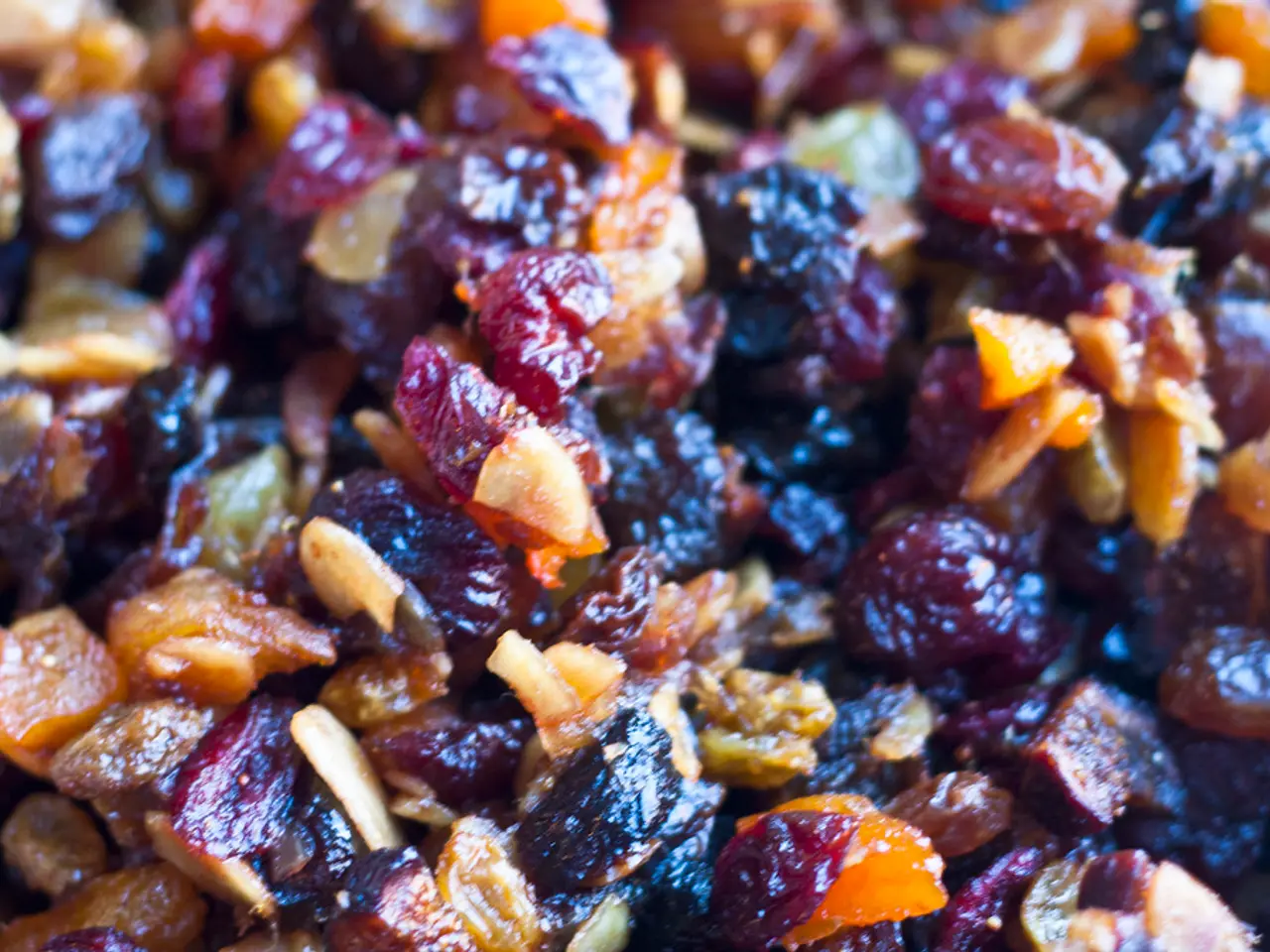Okra Nutrition, Health Benefits, and Cooking Tips: A Comprehensive Guide
Okra, also known as gumbo or ladies' fingers, is a popular vegetable widely consumed in the southern United States, parts of Africa and the Middle East, the Caribbean, and South America. Known for its viscous extract, okra has garnered attention for its potential benefits in preventing several health problems, including cancer and diabetes. However, it's important to note that more research is needed to confirm these effects.
### Potential Health Benefits of Okra
Okra is rich in dietary fiber, antioxidants, and essential vitamins and minerals, which make it a valuable addition to a balanced diet.
#### Diabetes Management
One of the key benefits of okra is its ability to regulate blood sugar. The fiber and mucilage in okra slow sugar absorption in the intestines, preventing spikes in blood sugar. This slow release of glucose may benefit individuals with prediabetes or type 2 diabetes. Animal studies also indicate that okra supplementation can improve glucose tolerance and reduce insulin resistance.
#### Heart Health
Okra's rich antioxidant content, including Vitamin C and flavonoids, combat oxidative stress, potentially contributing to cardiovascular health benefits.
#### Gastrointestinal Health
The high fiber content of okra supports digestion and may promote gastrointestinal health in people without sensitive digestive systems. The mucilage it contains can aid digestion.
#### Anti-Inflammatory and Metabolic Effects
Animal research suggests that okra can reduce inflammation, including brain inflammation caused by metabolic imbalances linked to obesity and overnutrition. This points to broader protective roles against metabolic syndrome and related disorders.
#### Weight Management & Energy
Okra provides nutrients such as magnesium, folate, and Vitamin B6, which support metabolism and energy levels, potentially aiding weight management and reducing fatigue.
### Potential Health Risks of Okra
While okra offers numerous benefits, it's essential to be aware of potential risks, especially related to cancer, diabetes, heart health, osteoporosis, and gastrointestinal health.
#### Gastrointestinal Issues
Okra contains fructans, which can cause gas, bloating, cramping, and diarrhea in people with irritable bowel syndrome (IBS) or sensitive digestive systems. Thus, individuals with IBS may experience discomfort or symptom flare-ups from okra consumption.
#### Kidney Stones
Okra has high oxalate content, which can bind with calcium forming calcium oxalate kidney stones. People with a history or high risk of kidney stones are advised to avoid okra.
#### Joint Pain and Arthritis
Okra contains solanine, a compound that may trigger inflammation, stiffness, and pain in people with arthritis or joint pain disorders like rheumatoid arthritis. Those affected should consult a doctor before consuming okra regularly.
### Relation to Cancer and Osteoporosis
While the antioxidant properties of okra suggest potential cancer-protective effects by fighting free radicals, there is currently no direct conclusive evidence from the research specifically confirming okra's role in cancer prevention or treatment.
Regarding osteoporosis, no specific evidence from the provided data links okra consumption to direct benefits or risks. However, the concern about oxalates binding to calcium could theoretically affect calcium availability, which is important for bone health.
In conclusion, okra offers notable benefits for blood sugar control, heart health, and digestive health in most individuals but should be avoided or consumed cautiously by those with IBS, kidney stone risk, or arthritis due to potential adverse effects. A diet rich in fruits and vegetables, including okra, can reduce a person's chances of developing a range of health conditions, including obesity, diabetes, and cardiovascular disease.
- Okra, a popular vegetable, is rich in fiber, antioxidants, and essential vitamins, making it a valuable addition to a balanced health-and-wellness lifestyle.
- The fiber and mucilage in okra can help regulate blood sugar, potentially benefiting individuals with prediabetes or type 2 diabetes.
- Okra's antioxidant content, which includes Vitamin C and flavonoids, may combat oxidative stress, contributing to cardiovascular health benefits.
- The high fiber content in okra supports digestion and may promote gastrointestinal health, not causing distress in those without sensitive digestive systems.
- Animal research suggests that okra can reduce inflammation, including brain inflammation caused by metabolic imbalances linked to obesity and overnutrition.
- Okra provides nutrients such as magnesium, folate, and Vitamin B6, which support metabolism and energy levels, aiding weight management and reducing fatigue.
- However, okra contains fructans that might cause gas, bloating, cramping, and diarrhea in people with IBS or sensitive digestive systems, potentially resulting in discomfort or symptom flare-ups.
- Okra has high oxalate content, which can bind with calcium forming calcium oxalate kidney stones, posing a risk for those with a history or high risk of kidney stones.
- Okra contains solanine, a compound that may trigger inflammation, stiffness, and pain in people with arthritis or joint pain disorders like rheumatoid arthritis.
- While the antioxidant properties of okra might suggest potential cancer-protective effects, more research is needed to confirm these benefits specifically regarding cancer prevention or treatment.
- Regarding osteoporosis, the concern about oxalates binding to calcium could theoretically affect calcium availability, but no specific evidence links okra consumption to direct benefits or risks in relation to osteoporosis.







